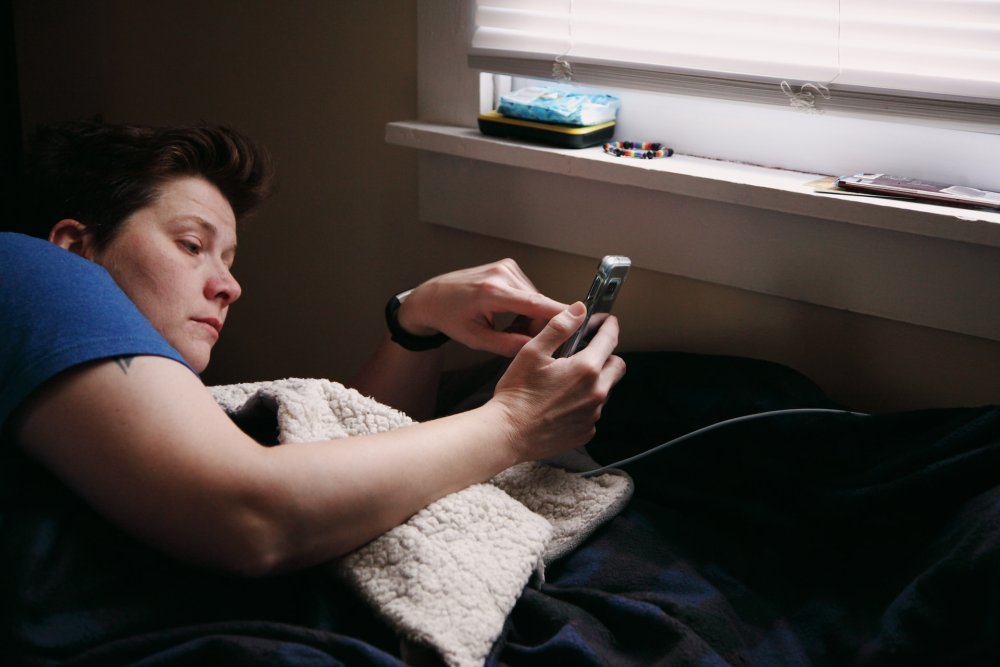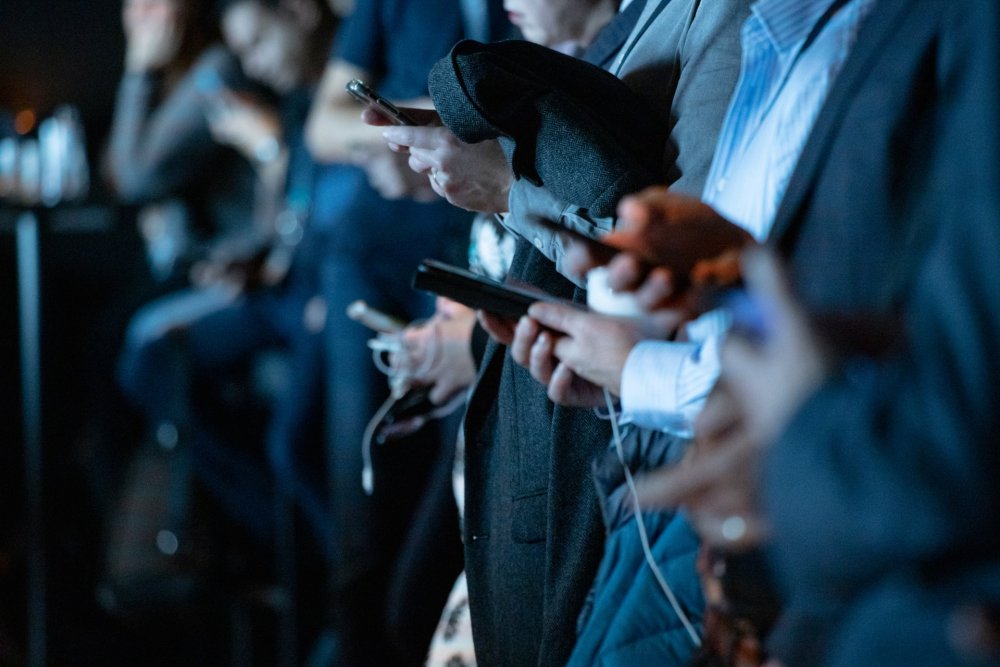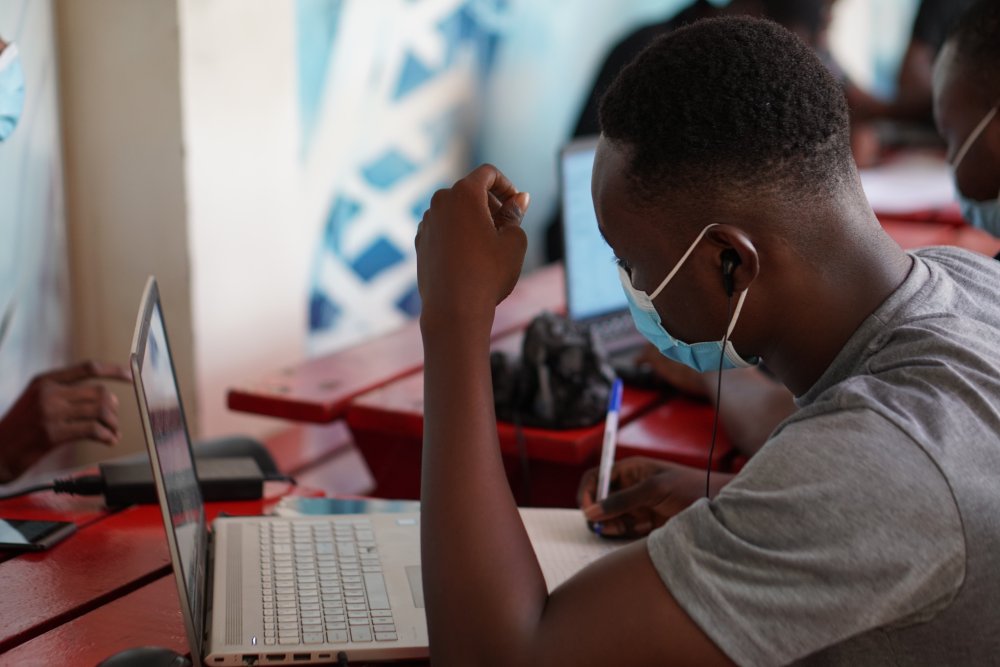
Uncovering the surprising impact of social media on health and 'infodemics'
Writing off social media as a source of false information during the COVID-19 pandemic is a mistake. It has played a crucial role in advancing public health and education.
Social media has become a ubiquitous part of our lives, connecting us with friends, family, and strangers alike. It has also demonstrated its potential as a tool for advancing public health. From enhancing health literacy, to supporting medical research and education, and promoting social movements, social media has been used in many different health-related contexts. The COVID-19 pandemic has further emphasized its importance in this realm.
During the pandemic, social media platforms played a crucial role in sharing reliable information about the virus, its symptoms, and prevention measures. Governments, health organizations, and experts leveraged these platforms to reach large audiences, and the public used them to connect and exchange information, even when social distancing was required. Social media was also instrumental in raising awareness about emerging health issues, tracking the spread of the virus, and promoting public health efforts.1
However, the COVID-19 pandemic also revealed the challenges posed by misinformation and opposition to public health measures. According to The Lancet COVID-19 Commission,2 this opposition stems from a lack of social trust, low confidence in government advice, inconsistencies in government advice, and low health literacy. The high volume and rapid pace of information during the pandemic made it difficult for people to differentiate between accurate and false information.

Photo credit: @Unsplash
Infodemic ≠ misinformation
The resurrected term "infodemic" was primarily associated with misinformation from very early in the pandemic, largely ignoring the valuable information that was also shared about what was, after all, a completely new disease.3 Sorting accurate information from false was one of the biggest challenges during the pandemic, and misinformation was spread not only through social media but through numerous other channels too. Social media platforms, search engines, and fact-checking organizations all took measures to counter misinformation, but some of those measures have already been lifted and more sustained work needs to be done in this area.4
Studies showed that misinformation was indeed common on social media, with up to 10% to 25% of COVID-related content on some platforms being false.5,6 However, it was shown that false information was less likely to be shared and led to lower engagement than scientifically supported content.7 Awareness of the source of information was also found to be an effective way of avoiding misinformation. Fact-checking organizations also collaborated to counter misinformation, but that can quickly become overwhelming, and uncertainty surrounds whether information corrections have the desired effect and if misinformation resists debunking. Boosting reliable sources and promoting trustworthy "COVID-19 influencers" can also be a productive approach.
Social media is where people are
It is likely that a combination of measures will be necessary to minimize the impact of misinformation on health. While it is important to address the weaknesses of social media with regards to health information, we should also recognize its positive impact and strive to enhance its use. Overly focusing on the negative aspects of social media and ignoring its positive influence may be short-sighted, and greater care should be taken to use terms such as “infodemic” in more balanced and accurate ways.
The COVID-19 pandemic was a sprint in response to a global health crisis, and yet the scientific and health communities are just at the start line of a marathon: to improve scientific and health literacy among the general public, enabling them to interpret health-related information in more informed ways. Open discussions and humility, rather than reinforcing the entrenched "them and us" attitudes that surfaced during the pandemic, will be crucial to achieve this long-term goal.


Curious to learn more about the 2023 COVID-19 Social Media Awards? Sign up for free here.
Sources:
- What social media told us in the time of COVID-19: a scoping review. Tsao S-F, Chen H, Tisseverasinghe T, Yang Y, Li L, Butt ZA. The Lancet Digital Health. 2021;3(3):e175– e194 (https://www.thelancet.com/journals/landig/article/PIIS2589-7500(20)30315-0/fulltext).
- The Lancet COVID-19 Commission. The Lancet.2022;400(10359) (https://www.thelancet.com/commissions/covid19).
- Speech by Dr Tedros Adhanom Ghebreyesus, WHO Director-General. Munich Security Conference; 15 February 2020 (https://www.who.int/director-general/speeches/detail/munich-security-conference).
- Social media use for health purposes: Systematic review. Chen J and Wang Y. Journal of Medical Internet Research. 2021;23(5);e17917:1–16 (https://www.ncbi.nlm.nih.gov/pmc/articles/PMC8156131/).
- Coronavirus goes viral: Quantifying the COVID-19 misinformation epidemic on Twitter. Kouzy R, Abi Jaoude J, Kraitem A, El Alam MB, Karam B, Adib E, Zarka J, Traboulsi C, Akl EW, Baddour K. Cureus (Open access original article)(DOI:10.7759/cureus.7255).
- An exploratory study of COVID-19 misinformation on Twitter. Shahi G, Dirkson A, Majchrzak TA. Online Social Networks and Media. 2021;22:1–16 (https://www.sciencedirect.com/science/article/pii/S2468696420300458).
- COVID-19 infodemic: More retweets for science-based information on coronavirus than for false information. Pulido CM, Villarejo-Carballido B, Redondo-Sama G, Gómez A. International Sociology. 2020;35(4):377–392 (https://journals.sagepub.com/doi/10.1177/0268580920914755).